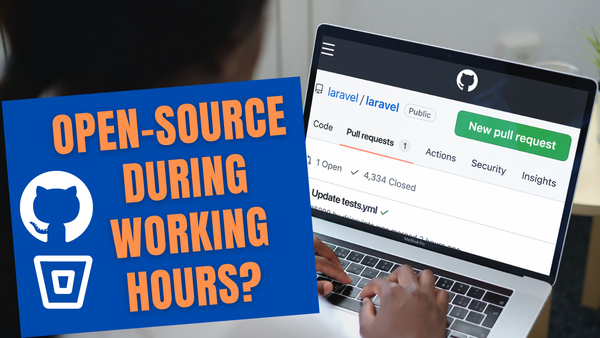Voice search is booming.
Did you know that 60% of searches are made from a mobile device? On those smaller devices, it's much slower to type on the tiny keyboard! That's why more and more people are now using voice search: we're used to talking to our phones, right?
Whether it's from a mobile browser or via voice assistant, it means that you need to adjust your search engine optimisation strategy for your website and web platforms.
Let's explore how you can get your website ready for this voice revolution.
For websites to rank well on organic search engines, we've been doing SEO - or search engine optimisation - for over 15 years now but using very simple tactics based on short keyword optimisation. It's like when you go to Google and you type "iPhone price", that's the type of keywords you need to optimise your website for. These are very short combinations of words, that are never similar to natural speech... That's not how you speak, right?
However, this is changing very fast with all the searches being made from mobile devices. When we speak, even to our phone, it's more like we talk to a real person. Don't you feel like your personal assistant at home is just another friend in the house, who you can ask the question? Hey, Siri, how much does the iPhone costs or "where can I find the best burger restaurant in Berlin?" With those searches, keywords are becoming much longer... almost like full sentences from 5 to 10 words.
To optimise your website, you can look at both the mobile searches - where Google can still list the top 10 results on the first page - but you also need to consider the voice assistants like Alexa, Siri, Cortana or Google Home. Those will usually only return one result: the top answer. Being positioned 2, 3 or 4 doesn't help you anymore on voice assistants. This means that you really need to invest time, effort, budgets, and have a good strategy to adapt the optimisation tactics to stand a chance of being in that top spot.
Optimise for natural language
The first tip is to stop trying to optimise for keywords that don't read naturally. I even used to do it myself, but now Google has improved a lot and you're more likely to get an exact match on a voice search, when the content on your website is written like natural language. It's important to remember this when you write content or for example, when you pick the title of your article or write your headings: always use descriptive sentences, full sentences, like a normal human being speaks.
FAQs for long tail keywords
The second tip is to use FAQs and format them properly. It's a good way to answer queries. They're usually formatted already as full sentences with short answers...the way you would answer customer queries on the phone for example. If that page is well optimised, the page loads very fast and it's tagged with the right schema markup, you will increase your chances of being featured in those rich snippets - which is then used by the voice assistants to return their top results.
You can also use localised keywords to help with users searching in a specific city, or the "near me" approach. Google now has enough data based on the IP address and the intent of the query to show the results in a neighbourhood or near where the user is.
Remember it doesn't have to be an exact match. You don't need to optimise for every single sentence. For the last couple of years, Google's algorithm has dramatically improved. It understands the intent behind the query, it can analyse the different ways of saying things, and still pick the best results.
Mobile performance at all times
Finally, as we now know that most of the searches are coming from mobile, you really need to optimise for speed and to be fully responsive. Your mobile layout and navigation need to be the most intuitive possible for the end users. Google will recognise that and increase your ranking further.
If you do of this, your rankings will improve and you won't be left behind on this new voice search revolution.
That's it for today. If you need help to optimise your website for voice search or need to upgrade your current systems, just get in touch. Don't forget to subscribe to my YouTube channel and follow me on Twitter to keep learning with me and grow your career in digital.
Until next time, stay safe and see you soon.



